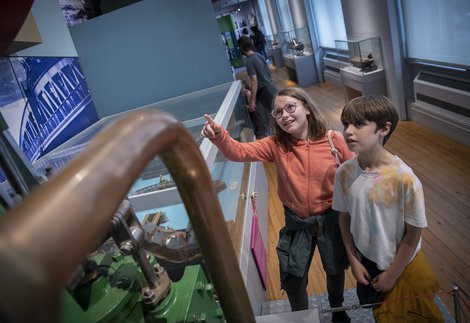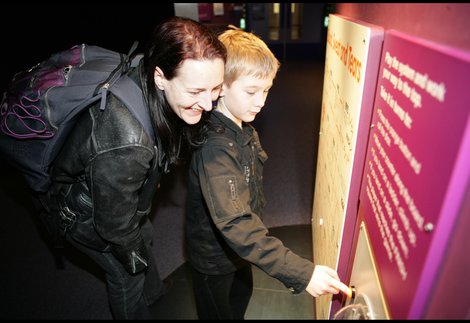Climate change trail
Climate change is a change in temperature and weather across Earth that can be natural or caused by human activity. Research has shown that the current climate change is largely a result of human activities.
Join us for a journey around the museum as we explore what our history can tell us about climate change. What sort of world do you want to live in?
Climate Change self-led gallery trail
Click here to download this climate change trail as a colourful, printable PDF document.
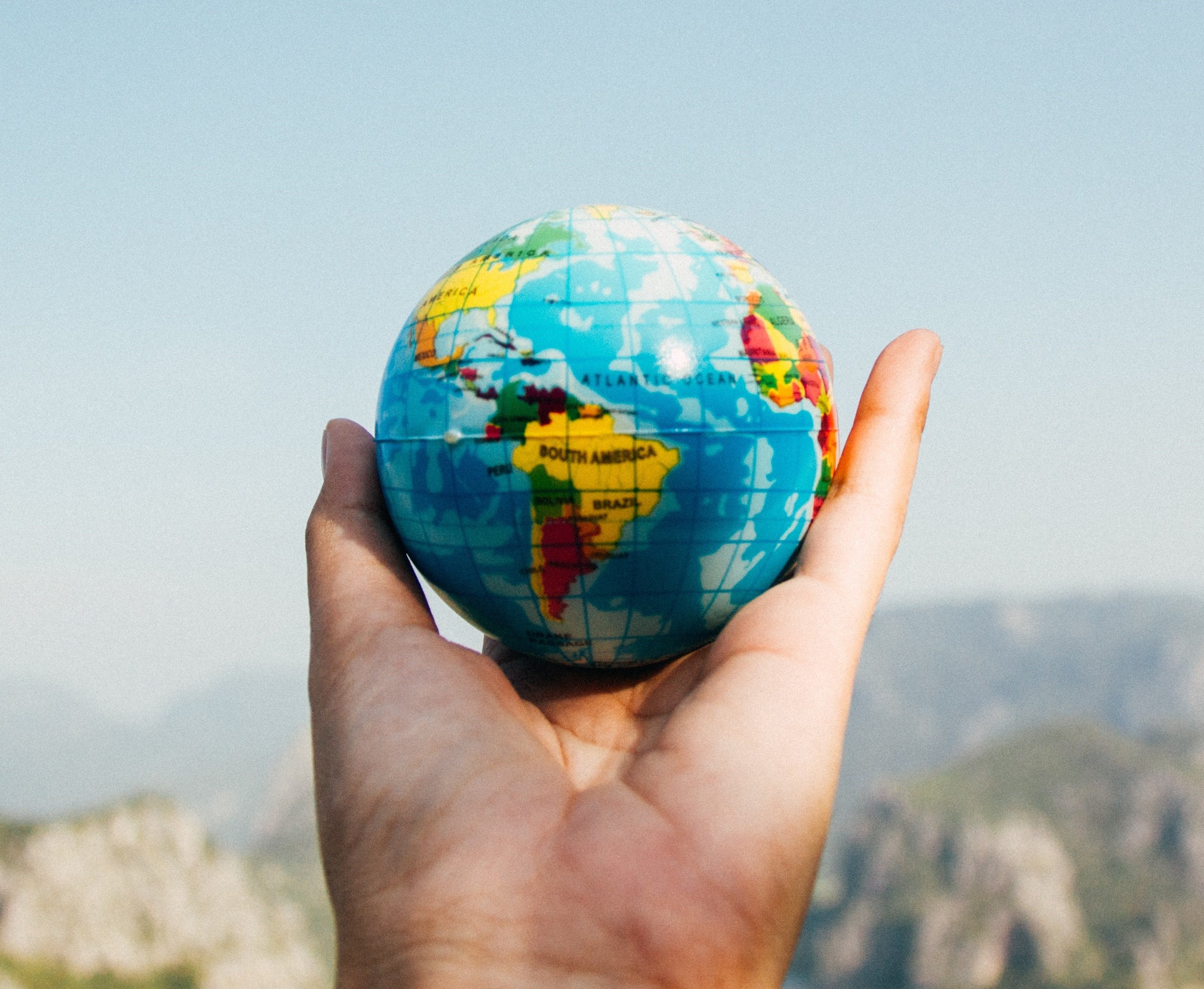
Newcastle Story
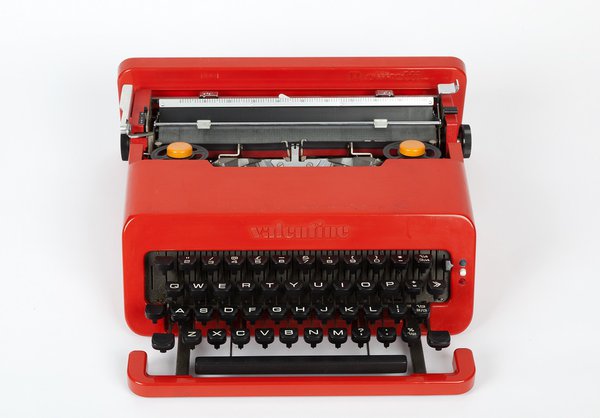
As you move through Newcastle Story look in the cases to see what objects people owned. What types of material were they made of?
In the 1930s Bakelite, the first fully synthetic man-made plastic, was invented. It was light, strong, heat resistant and could be moulded into almost anything. Most early radios, telephones, household gadgets and even textiles all contain Bakelite.
What you can see in the 1960s case? How much of it is made of plastic? Can you see the red typewriter? It has been on the planet for over 50 years. How much longer do you think it will exist? Scientists estimate it takes 450 years for one plastic bottle to break down. But no one really knows. Plastic doesn’t degrade like other material because it’s man-made.
By the 1980s the world wakes up to the problem with plastics. There are five massive areas in the oceans of floating rubbish dumps. The largest is called the Great Pacific garbage patch - it is three times the size of France. It kills 100,000 sea animals and one million seabirds every year.
How can you make a difference?
• Reduce the amount of plastic you use by finding alternatives
• Recycle plastic that is recyclable
• Write to companies that you think use too much plastic in their packaging
Science Maze
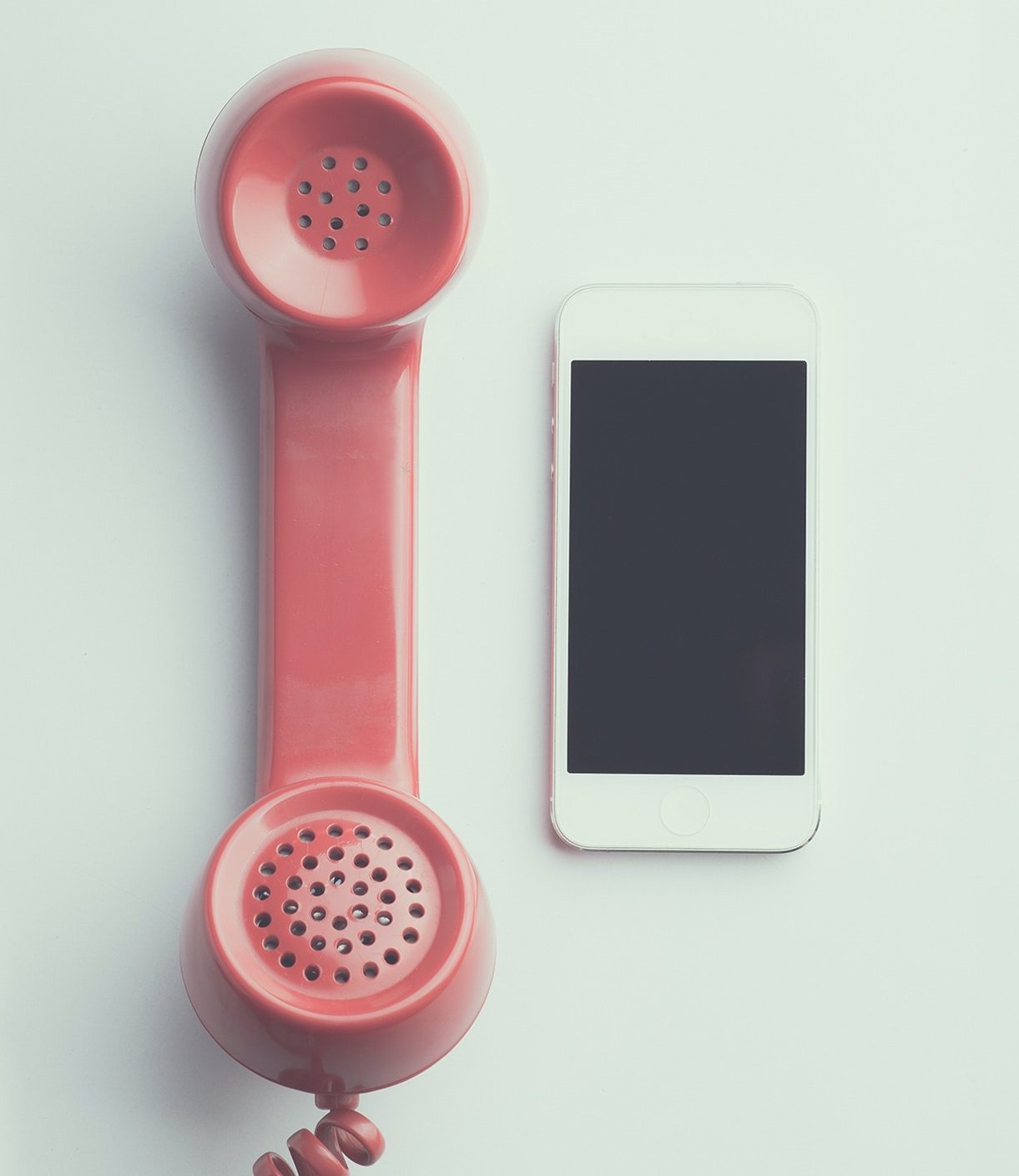
E-waste is everything from watches and phones to big household appliances like fridges and freezers. They can’t be thrown in the normal recycling bin; they usually have to go to a specialist centre.
Take a look around Science Maze - how many different telephones will you have in your lifetime?
It takes lots of energy to make electronics. If you throw them away when you are finished with them then that energy is wasted.
How can you make a difference?
• Pass your old devices on to someone else.
• Fix it and keep as long as it works rather than getting the latest model.
• Take them to specialist recycling centres that will use the parts to make new electronics.
Destination Tyneside
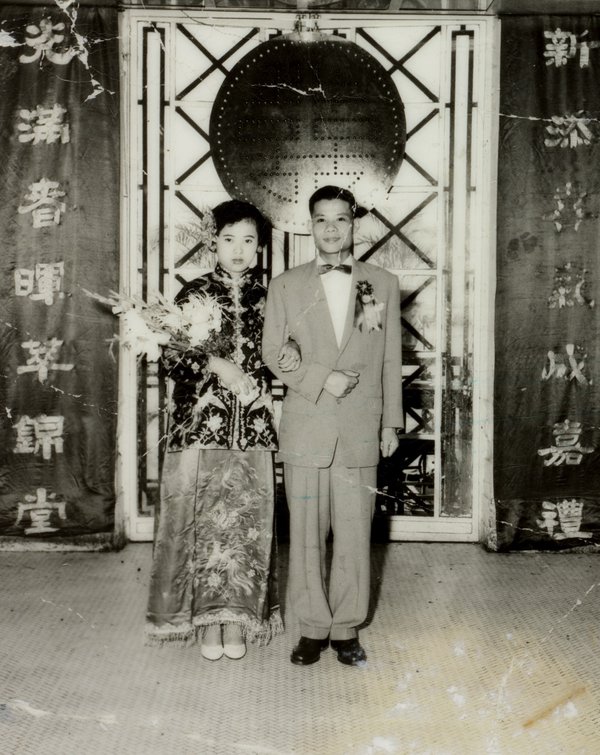
The Destination Tyneside gallery tells the story of people who have migrated to and from Tyneside.
None of the people in the gallery migrated because of climate change but did you know that an estimated 21.5 million people each year between 2008 and 2016 had to leave their homes? This is due to extreme weather events, from floods and storms to heatwaves and drought.
Story of the Tyne
Water is one of our most precious resources. The amount of water on Earth does not change. In many parts of the world people do not have enough water to drink. Can you find a case in the Story of the Tyne gallery filled with objects that show how people on Tyneside have made safe drinking water through the ages?
Clue: you might notice this in it:
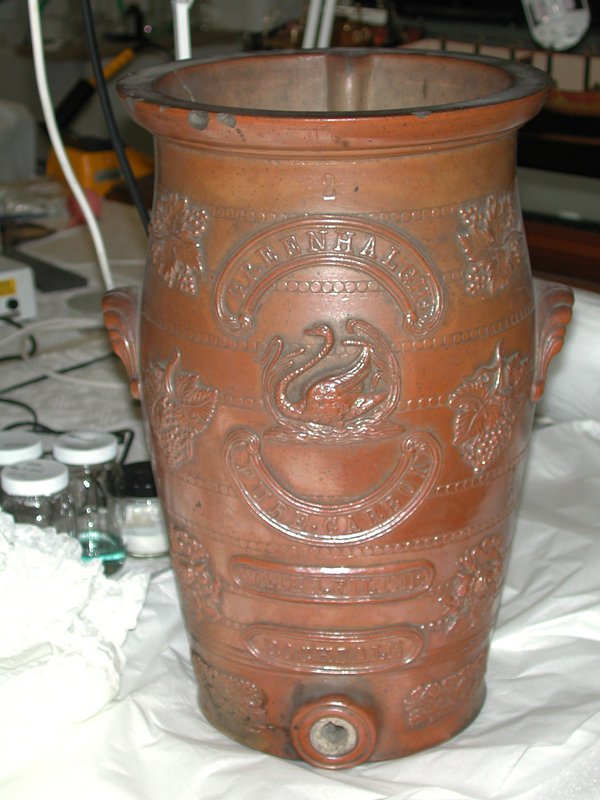
Water is not just used for drinking. Did you know that...
• A cow raised for meat drinks 15 times the amount that humans do in a day
• We use 80% of our water to grow crops
• It takes the equivalent of 30 bathtubs of water to make a white shirt
How can you make a difference?
• Taking showers instead of baths
• Using the small flush button on the toilet where there is one
• Using rainwater instead of tap water to water your plants
Tyneside Challenge
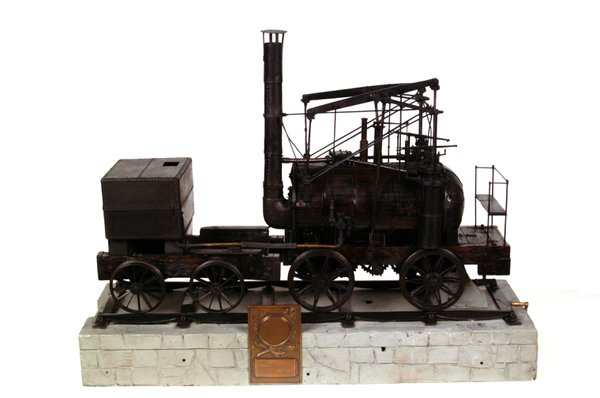
Look for the panels in the Tyneside Challenge gallery that will tell you more about five of the museum’s most significant objects through the climate change lens.
Lightbulb · Armstrong car · Stephenson's lamp · Mauretania model · Puffing Billy
Working Lives
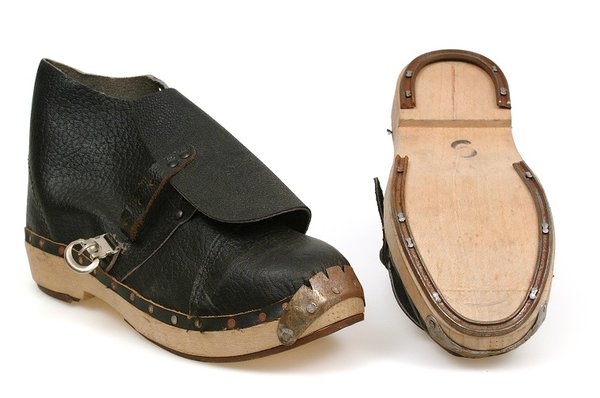
Can you find any objects in the Working Lives gallery that tell you about what mining coal was like?
Coal is a fossil fuel. It takes 300 million years for coal to form. Fossil fuels are used to power vehicles, heat homes and make electricity. Once fossil fuels are gone, we can’t make more.
Burning fossil fuels release large amounts of carbon dioxide into the atmosphere. This causes a rise in temperature all over the world. The rising temperatures cause large areas of ice to melt causing rising sea levels. This has an impact on humans and animals.
We can use energy from sources that never run out (renewables) such as hydro-electricity (the power of moving water) and wind power.
How can you make a difference?
• You can find an energy supplier for your home that uses green energy.
• Turn off appliances, like lights and televisions, when you aren’t using them.
You have the power to make a difference.
As well as following these tips you could email your local MP. Find their contact details online by using the search term ‘Find my MP’, then email them and ask them to take action on climate change.
Get your friends to do it too!
Make your Ways to Play adventure a great value day out by travelling to our venues by the Metro and / or Ferry. Up to three children aged 11 and under can travel for free on the Metro and the Shields Ferry with a fare-paying adult. Metro is the convenient, fast and frequent way to get to your favourite attractions and now it’s even more affordable.

/https://s3-eu-west-1.amazonaws.com/atwam-images-files/production/images/content/discoverymuseum/2022-09/457193.jpg)
/https://s3-eu-west-1.amazonaws.com/atwam-images-files/production/images/content/discoverymuseum/2022-09/457200.jpg)
